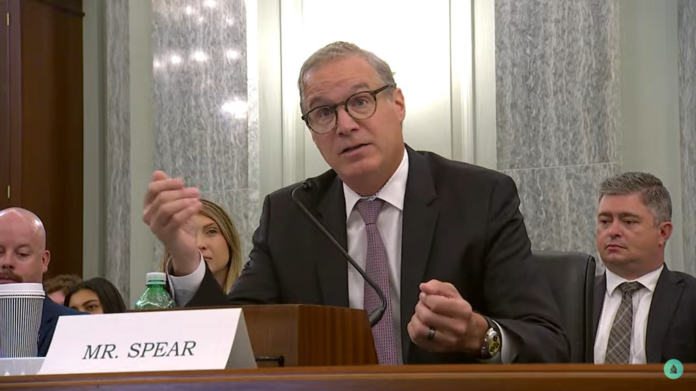The Great Freight Recession has been caused by an endless glut of capacity
What has followed has been described as the “Great Freight Recession,” characterized as the most severe economic downturn the freight industry has ever experienced. American truck drivers, long considered the backbone of the national supply chain, have seen their livelihoods threatened by the availability of cheaper labor, which poured in unabated despite the worsening freight market conditions.
As economic pressures mounted, more carriers began hiring drivers willing to work for lower wages, creating a race to the bottom in terms of both compensation and compliance with regulations. This competitive disadvantage forced even legitimate operators to consider similar practices to avoid bankruptcy, further exacerbating industry-wide problems.
Family-owned trucking firms have been wiped out
Perhaps most damaging has been the impact on generational trucking businesses, many of which were long-term members of the ATA.
Family-owned trucking firms with decades of history and commitment to legal operation have found themselves unable to compete with operators who disregard regulatory requirements. Many of these established businesses have been forced to shut down, unable to maintain profitability while adhering to safety standards and labor regulations. Others are still around, but barely hanging on.
The disappearance of these legitimate operators represents not just a loss of businesses but the erosion of a culture of professionalism and safety within the industry. Their replacement with operators willing to cut corners has fundamentally altered the trucking landscape in America.
The ATA is undermining its own members
The current crisis in the trucking industry can be traced back to a fundamental mischaracterization of market conditions. Capacity issues experienced during COVID were temporary phenomena that could have been addressed through market mechanisms such as increased compensation and better incentives for qualified American drivers.
Instead, the promotion of a perpetual driver shortage narrative by the ATA has led to policies that have undermined safety standards and destabilized the economic foundation of the trucking industry. What the trucking sector needs is not simply more drivers, but rather a renewed commitment to fair labor practices and rigorous safety standards that protect both drivers and the public.
Home Trucking Industry The ATA has damaged the economics of trucking while compromising public safety


